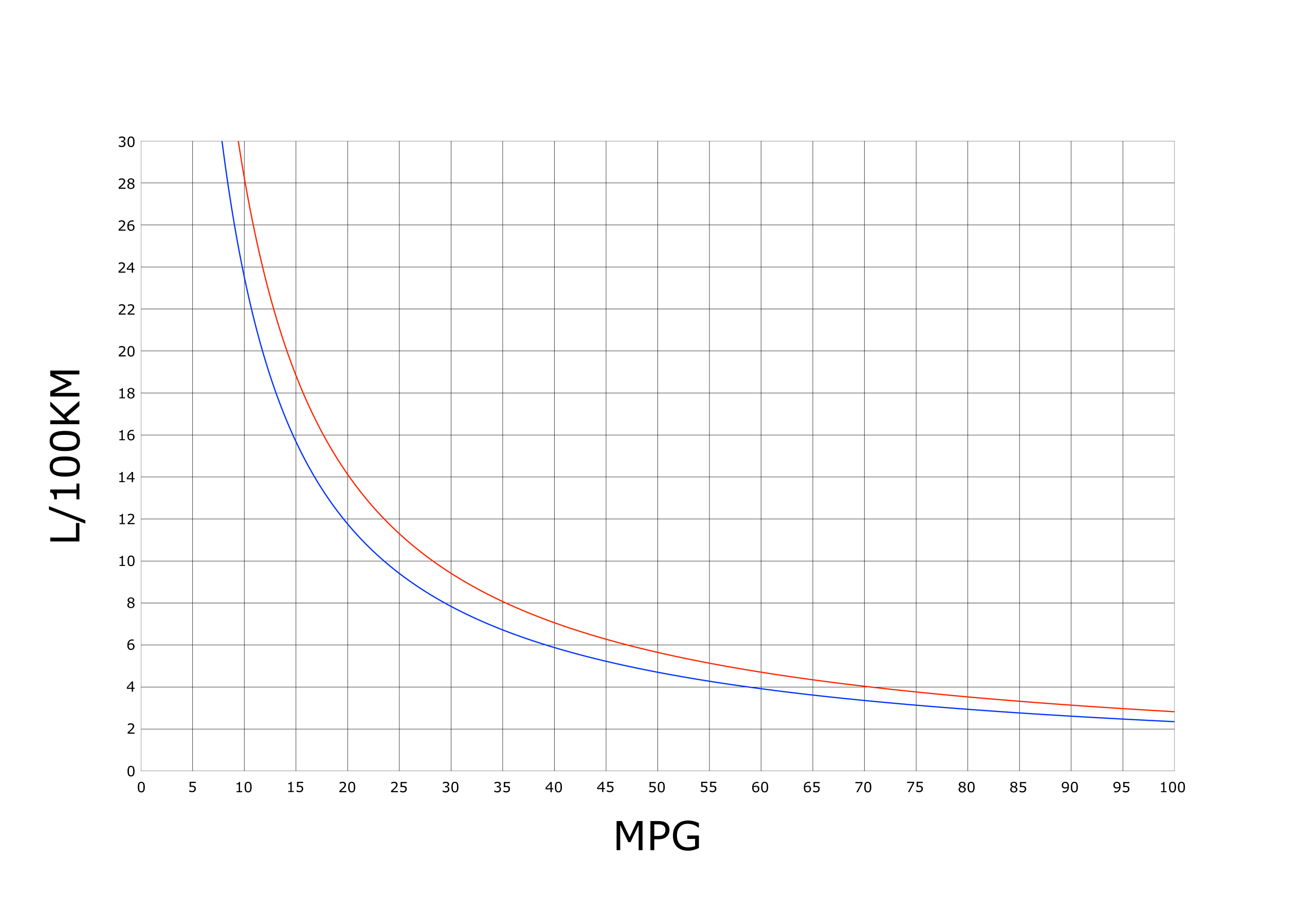I made a general statement about sampling.Yeah, well their final figure may very well take that into account. Now you're questioning there testing without even knowing exactly how the test was done?
Last edited:
I made a general statement about sampling.Yeah, well their final figure may very well take that into account. Now you're questioning there testing without even knowing exactly how the test was done?
You know absolutely nothing on how the test was done, so you're just blowing smoke from your own dumpster fire like you have for the last 4 pages.I made making a general statement about sampling.
You can call it what you want...1.5% is still meaningless and a waste of time.You know absolutely nothing on how the test was done, so you're just blowing smoke from your own dumpster fire like you have for the last 4 pages.
You'll never get it ... but nice job on not grasping the simplest of concepts.You can call it what you want...1.5% is still meaningless and a waste of time.
Right herehow many people check tyres at least biweekly ?
Yup - on the dashboard these days …Right here
Are you less angry if we play along and say 0.375mpg x 1,000,000 vehicles? Is that a significant enough 1.5% to make everyone happy?You mean the number 5 is the number 5...his "argument" is some weird strawman arguing the obvious when the discussion is whether or not moving to 0W-8 oil has any real-world significance? It does not because it represents 0.375mpg.
I was thinking the same thing on the mpg gap, but somebody reminded me that CAFE is now calculated by the amount of ground that a vehicle “shades”… that’s why vehicles are getting ever bigger, even the tiny crapboxes like Camrys now touch both lines in a parking spot, and chick-up trucks like Rangers & Mavericks are now 90% the size of a half-ton.So with 2 years to go with a goal of 49mpg and car companies selling NEWLY RELEASED models that get 18mpg and "since low hanging fruit for car improvements have all been picked" I'm supposed to believe every manufacturer has a crack team of engineers that is going to piece together 24 mpgs out of 1.5% increases? Sure!
If what you say is true then these manufactures are screwed!!
5W-20 happened for the same reason we are now seeing 0W-8, it's easy to chase low viscosity for incremental gains in fuel economy to reduce CAFE fines as long as adequate durability is maintained.The point of CAFE is each year the mandate continues to go up. 20 weight oil happened a long time ago and 1.5% of 25 MPG happened just once. (24.625 MPG) If cars were breaking down due to that someone would get voted out. But new cars last longer than ever.
Unfortunately mine doesn’t have that. Tire pressure gauge for meYup - on the dashboard these days …


It's easy. A liter is a little more than a real quart. A Brit quart is a little more than a real quart. A meter is a little more than a real yard and a kilometer is about 6/10 of a mile.² imperial units are obsolete. it's not linear like metric. Therefore it adds to confusion when calculating %.
AFAIK US army uses metric, so why public is stuck with this nonsense? Body parts size of long ago deceased king and what not. Even the UK vs US units are different !

It’s early and I haven’t had my coffee and just spitballing here but…Are you less angry if we play along and say 0.375mpg x 1,000,000 vehicles? Is that a significant enough 1.5% to make everyone happy?
FTR, I’m in your camp, but I also get Zee’s point on its face. The lunacy to me is twofold: how much money did it take to achieve 1.5% (and will an equivalent amount of $ ever truly be saved compared to the R&D), and like you pointed out- this example negatively impacts 1 million people so that two individuals get the equivalent of lifetime free gas. But it doesn’t work like that!It’s early and I haven’t had my coffee and just spitballing here but…
0.375mpg x 1,000,000 vehicles = 375,000 vehicle miles/gallon. So this change applied to 1,000,000 vehicles is essentially equivalent to propelling 2 additional vehicles through an average 150,000 mile life span.
Seems insignificant still.
I would say that would be the car manufacturer engineers who wrote the specs. You are just a BITOG oil “expert”.
AFAIK US army uses metric, so why public is stuck with this nonsense?
I see a need to inform. To understand how things work. In between all the saber rattling there is information that I value but the quality of modern oil is at a high level. I respect your view as I have learned a lot from you. Other people it seems just like stir the pot. Oil is a passionate conversation. The goal we all seek is to the best for our needs. If the OM allows any API approved 0w-20 oil but suggests you use their oil but a BITOG poster says a higher viscosity will be better I have to question that without the engineering or science behind it. Japanese car manufacturers are on the fore front of reliable engine designs. They designed the engine to run by the OM. Personally I see upping the viscosity above the OM causes trouble with a engine designed to run oil hydraulics and the cooling. Add a turbocharger on the same engine and the OM changes the viscosity up one step from the non-turbocharger. My view is that the turbocharger has a higher temperature oil bearing that needs the higher viscosity. It is a change in the same design engine and the oil viscosity to match. Specific need.In that case, close down the forum. If the answer is always "follow the manual" and never deviate from the OEM engineers, then why are we here?

